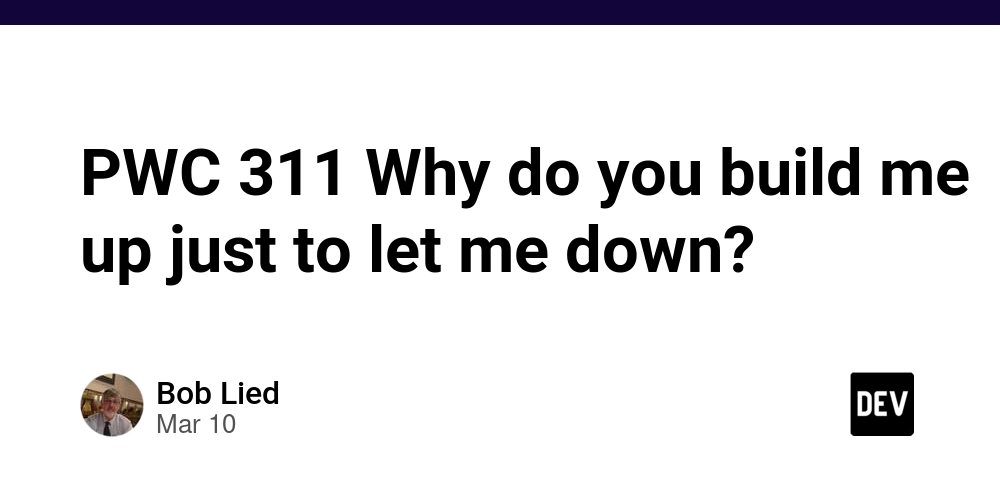How Blockchain Is Transforming Industries Beyond Crypto
Transforming Industries Beyond Crypto When most people hear the term blockchain, their minds immediately jump to cryptocurrencies like Bitcoin or Ethereum. But blockchain is far more than just the backbone of digital currencies — it's a powerful technology with the potential to revolutionize multiple industries by enhancing transparency, security, and efficiency. In this blog, we’ll explore how blockchain is reshaping sectors beyond the realm of crypto. 1. Understanding Blockchain at Its Core Before exploring industry-specific applications, let’s briefly examine what makes blockchain unique. Key Features of Blockchain: Decentralized: No single authority controls the data. Immutable: Once recorded, data cannot be altered without consensus. Transparent: Transactions are traceable and visible to authorised participants. Secure: Cryptographic algorithms protect data integrity. These attributes make blockchain an ideal solution for industries needing trust, traceability, and security. 2. Supply Chain and Logistics Blockchain is transforming how goods move from production to the end consumer by making supply chains more transparent and accountable. How It Helps Real-time tracking of goods Verification of product origin (anti-counterfeit) Automating processes with smart contracts Example: IBM’s Food Trust blockchain enables companies like Walmart to trace the origins of food in seconds, thereby reducing the risk of foodborne illness and enhancing trust. 3. Healthcare and Medical Records The healthcare industry faces challenges such as data fragmentation, privacy concerns, and interoperability issues. Blockchain offers a secure and unified method for storing and sharing patient data. Applications: Secure sharing of electronic health records (EHRs) Managing consent and data access Prevent counterfeit drugs in the pharma supply chain Example: Medicalchain and Patientory are blockchain platforms focusing on secure health data sharing. 4. Finance and Banking Even outside of cryptocurrency, traditional finance is leveraging blockchain to accelerate transactions, reduce costs, and enhance security. Use Cases: Cross-border payments with minimal fees Real-time settlement of trades Fraud detection and compliance Example: Ripple’s blockchain-based payment protocol enables fast, low-cost international transfers. 5. Real Estate Real estate transactions often involve excessive paperwork, intermediaries, and lengthy processing times. Blockchain is streamlining property transfers and enhancing transparency. Benefits Smart contracts for automated agreements Tamper-proof property records Tokenization of assets for fractional ownership Example: Propy allows users to buy and sell properties using blockchain-based smart contracts. 6. Voting Systems Blockchain can enhance digital voting by making it more secure, transparent, and resistant to fraud, thereby encouraging higher voter participation and trust in the system. Advantages Immutable vote records Remote and secure voter verification Transparent auditing process Example: Estonia has experimented with blockchain-based e-voting systems for national elections. 7. Intellectual Property and Content Creation Artists, writers, and creators frequently encounter challenges related to copyright, piracy, and revenue tracking. Blockchain helps ensure that creators retain control and earn fair compensation. Blockchain Use Verifying ownership of digital content Tracking royalties through smart contracts Preventing unauthorised duplication Example: Audius and Vezt utilise blockchain technology to provide music artists with ownership and revenue transparency. 8. Education and Credential Verification Academic fraud and resume falsification are significant concerns. Blockchain can securely store and verify educational qualifications. Use Cases: Digitally verified certificates Tamper-proof academic transcripts Global access to credentials Example: MIT and other universities issue diplomas via blockchain, ensuring authenticity and transparency. 9. Energy and Utilities Blockchain enables decentralised energy trading, enhances transparency in carbon tracking, and facilitates improved grid management. Benefits Peer-to-peer energy trading Transparent energy usage data Smart metering integration Example: Power Ledger enables users to trade excess solar energy directly with others using blockchain technology. 10. Government and Public Services Governments are adopting blockchain technology for land records, identity verification, welfare distribution, and other applications. Improvements Transparent and tamper-proof public records Efficient delivery of public services Reduced corruption through traceability Example: Dubai aims to become a fully blockchain-powered government by 2030. Conclusion: A Decentralized F

Transforming Industries Beyond Crypto
When most people hear the term blockchain, their minds immediately jump to cryptocurrencies like Bitcoin or Ethereum. But blockchain is far more than just the backbone of digital currencies — it's a powerful technology with the potential to revolutionize multiple industries by enhancing transparency, security, and efficiency.
In this blog, we’ll explore how blockchain is reshaping sectors beyond the realm of crypto.
1. Understanding Blockchain at Its Core
Before exploring industry-specific applications, let’s briefly examine what makes blockchain unique.
Key Features of Blockchain:
- Decentralized: No single authority controls the data.
- Immutable: Once recorded, data cannot be altered without consensus.
- Transparent: Transactions are traceable and visible to authorised participants.
- Secure: Cryptographic algorithms protect data integrity.
These attributes make blockchain an ideal solution for industries needing trust, traceability, and security.
2. Supply Chain and Logistics
Blockchain is transforming how goods move from production to the end consumer by making supply chains more transparent and accountable.
How It Helps
- Real-time tracking of goods
- Verification of product origin (anti-counterfeit)
- Automating processes with smart contracts
Example: IBM’s Food Trust blockchain enables companies like Walmart to trace the origins of food in seconds, thereby reducing the risk of foodborne illness and enhancing trust.
3. Healthcare and Medical Records
The healthcare industry faces challenges such as data fragmentation, privacy concerns, and interoperability issues. Blockchain offers a secure and unified method for storing and sharing patient data.
Applications:
- Secure sharing of electronic health records (EHRs)
- Managing consent and data access
- Prevent counterfeit drugs in the pharma supply chain
Example: Medicalchain and Patientory are blockchain platforms focusing on secure health data sharing.
4. Finance and Banking
Even outside of cryptocurrency, traditional finance is leveraging blockchain to accelerate transactions, reduce costs, and enhance security.
Use Cases:
- Cross-border payments with minimal fees
- Real-time settlement of trades
- Fraud detection and compliance
Example: Ripple’s blockchain-based payment protocol enables fast, low-cost international transfers.
5. Real Estate
Real estate transactions often involve excessive paperwork, intermediaries, and lengthy processing times. Blockchain is streamlining property transfers and enhancing transparency.
Benefits
- Smart contracts for automated agreements
- Tamper-proof property records
- Tokenization of assets for fractional ownership
Example: Propy allows users to buy and sell properties using blockchain-based smart contracts.
6. Voting Systems
Blockchain can enhance digital voting by making it more secure, transparent, and resistant to fraud, thereby encouraging higher voter participation and trust in the system.
Advantages
- Immutable vote records
- Remote and secure voter verification
- Transparent auditing process
Example: Estonia has experimented with blockchain-based e-voting systems for national elections.
7. Intellectual Property and Content Creation
Artists, writers, and creators frequently encounter challenges related to copyright, piracy, and revenue tracking. Blockchain helps ensure that creators retain control and earn fair compensation.
Blockchain Use
- Verifying ownership of digital content
- Tracking royalties through smart contracts
- Preventing unauthorised duplication
Example: Audius and Vezt utilise blockchain technology to provide music artists with ownership and revenue transparency.
8. Education and Credential Verification
Academic fraud and resume falsification are significant concerns. Blockchain can securely store and verify educational qualifications.
Use Cases:
- Digitally verified certificates
- Tamper-proof academic transcripts
- Global access to credentials
Example: MIT and other universities issue diplomas via blockchain, ensuring authenticity and transparency.
9. Energy and Utilities
Blockchain enables decentralised energy trading, enhances transparency in carbon tracking, and facilitates improved grid management.
Benefits
- Peer-to-peer energy trading
- Transparent energy usage data
- Smart metering integration
Example: Power Ledger enables users to trade excess solar energy directly with others using blockchain technology.
10. Government and Public Services
Governments are adopting blockchain technology for land records, identity verification, welfare distribution, and other applications.
Improvements
- Transparent and tamper-proof public records
- Efficient delivery of public services
- Reduced corruption through traceability
Example: Dubai aims to become a fully blockchain-powered government by 2030.
Conclusion: A Decentralized Future Ahead
Blockchain is no longer just about cryptocurrency — it’s a disruptive technology driving innovation across diverse sectors. From improving supply chain efficiency to enhancing healthcare security, its real-world applications are proliferating.
As industries embrace decentralisation and digital trust, blockchain is paving the way for a brighter, more transparent future.
What’s Next?
If you're a business leader, entrepreneur, or developer, now is the time to explore how blockchain can benefit your industry. Whether you want to build a dApp, improve trust with your customers, or streamline operations, the blockchain revolution is already here.



































































![New Apple iPad mini 7 On Sale for $399! [Lowest Price Ever]](https://www.iclarified.com/images/news/96096/96096/96096-640.jpg)

![Rapidus in Talks With Apple as It Accelerates Toward 2nm Chip Production [Report]](https://www.iclarified.com/images/news/96937/96937/96937-640.jpg)




















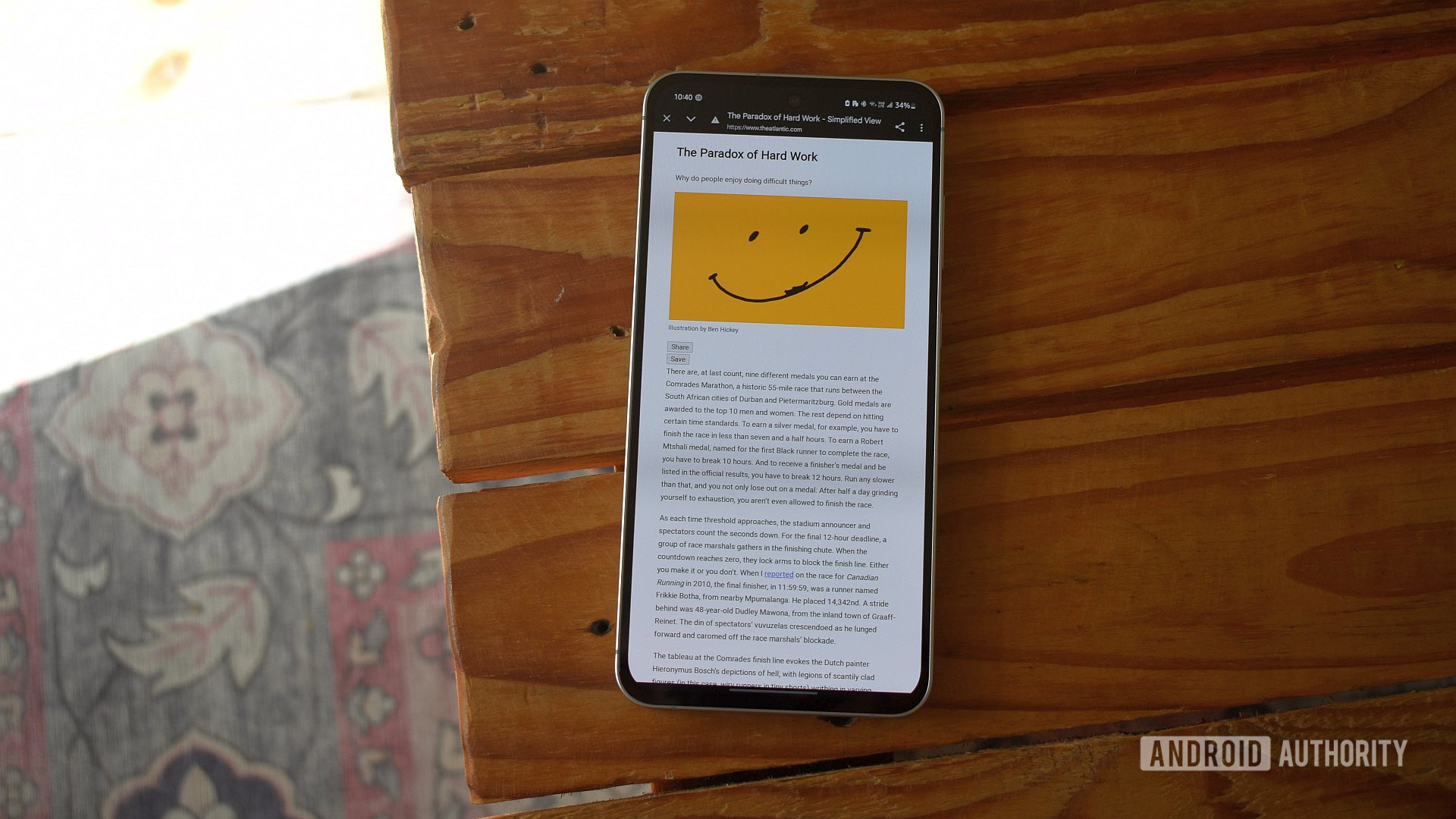







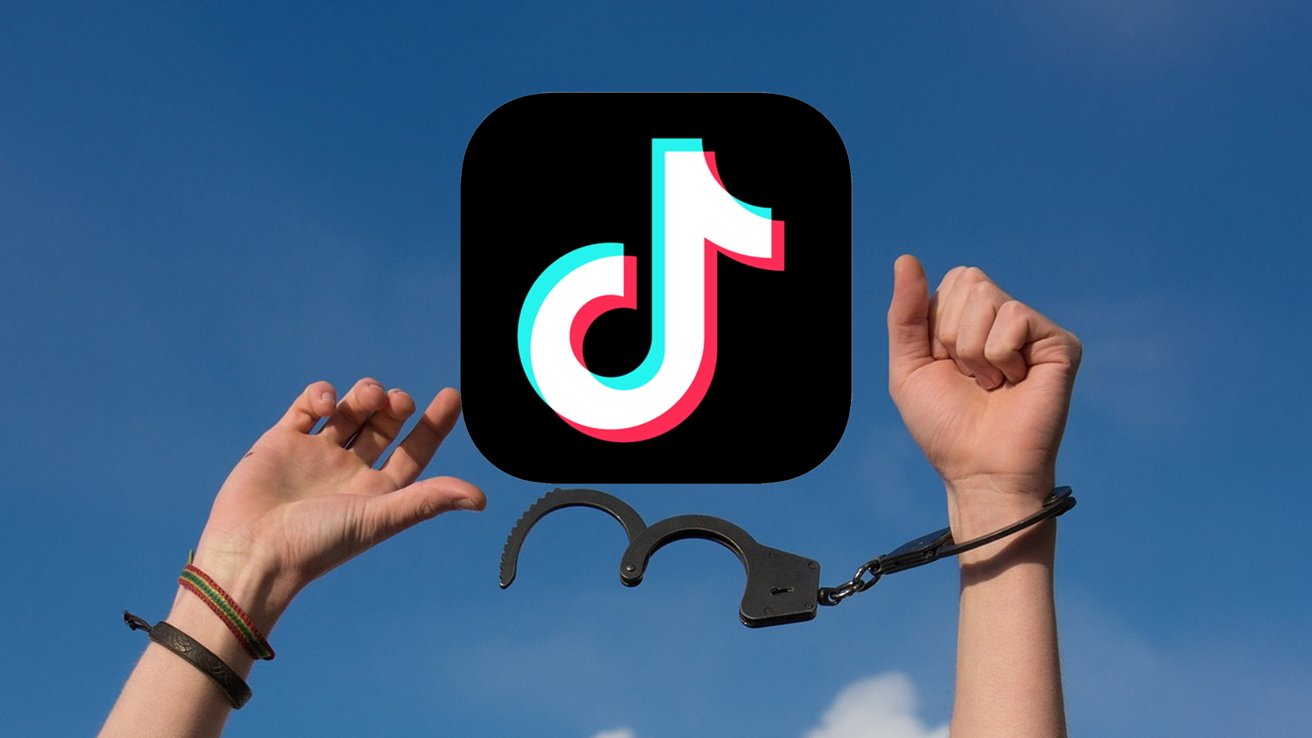









































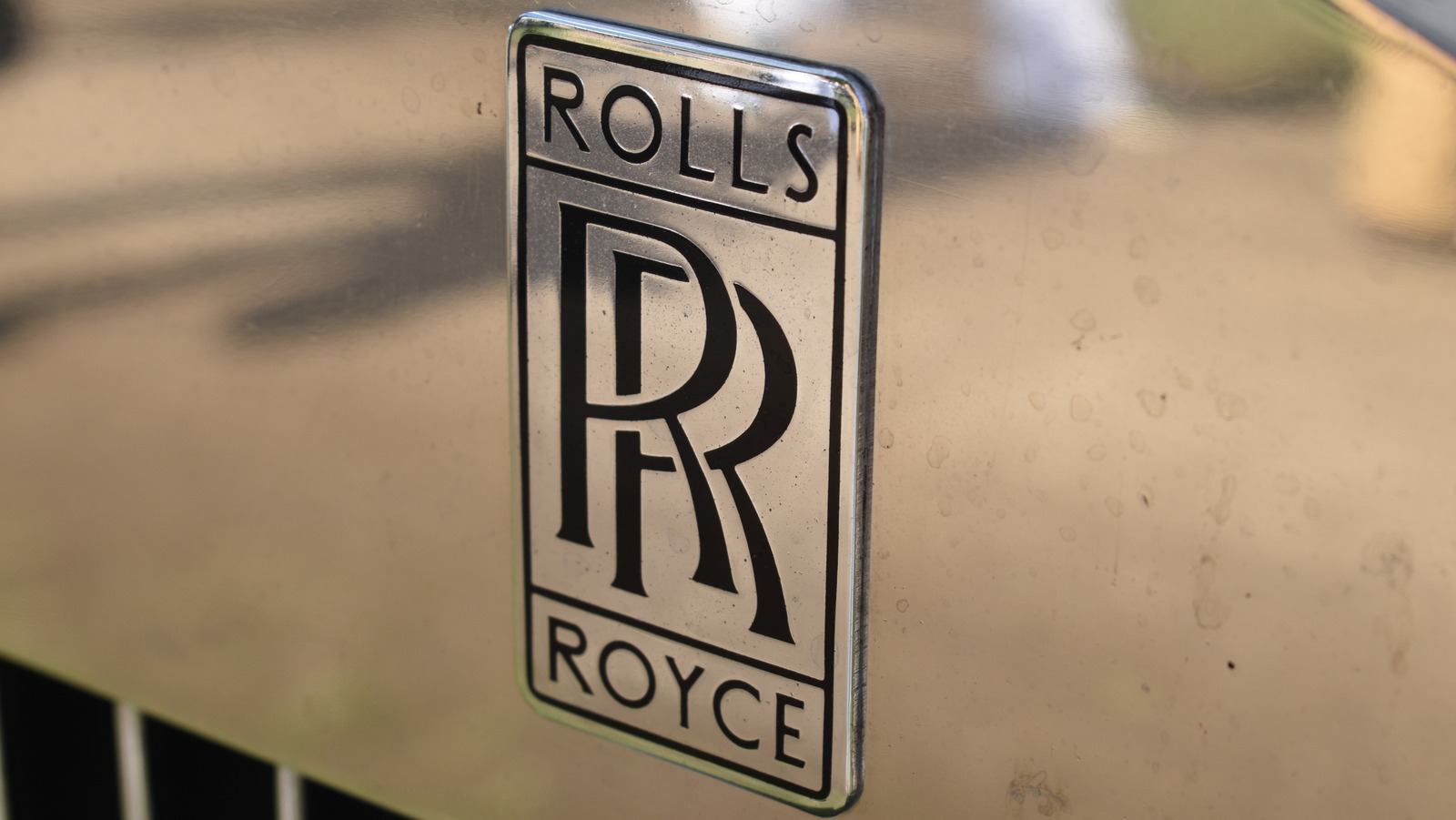




































_Christophe_Coat_Alamy.jpg?#)










































































![[The AI Show Episode 142]: ChatGPT’s New Image Generator, Studio Ghibli Craze and Backlash, Gemini 2.5, OpenAI Academy, 4o Updates, Vibe Marketing & xAI Acquires X](https://www.marketingaiinstitute.com/hubfs/ep%20142%20cover.png)
























































































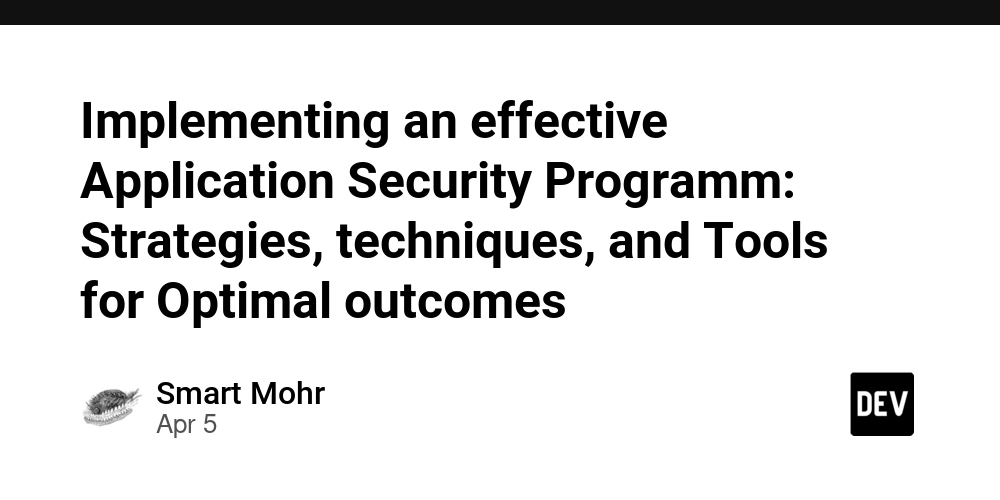

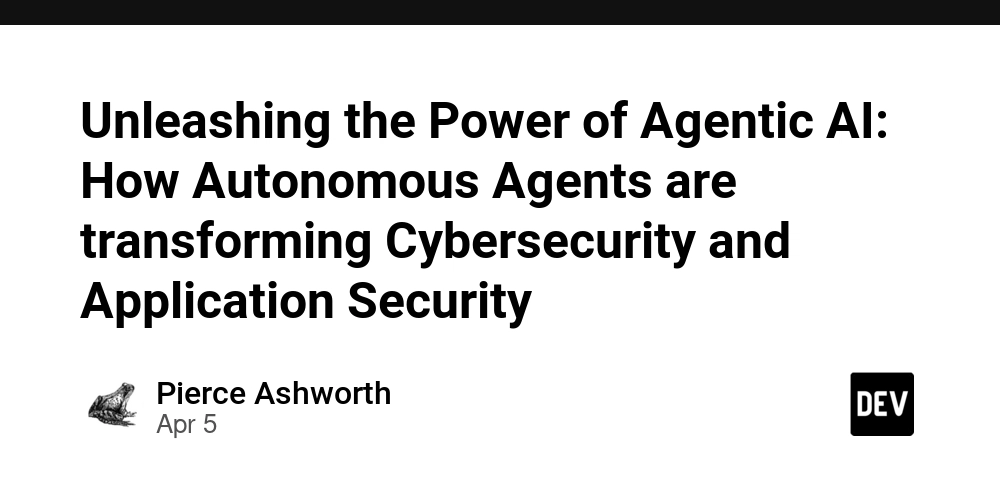
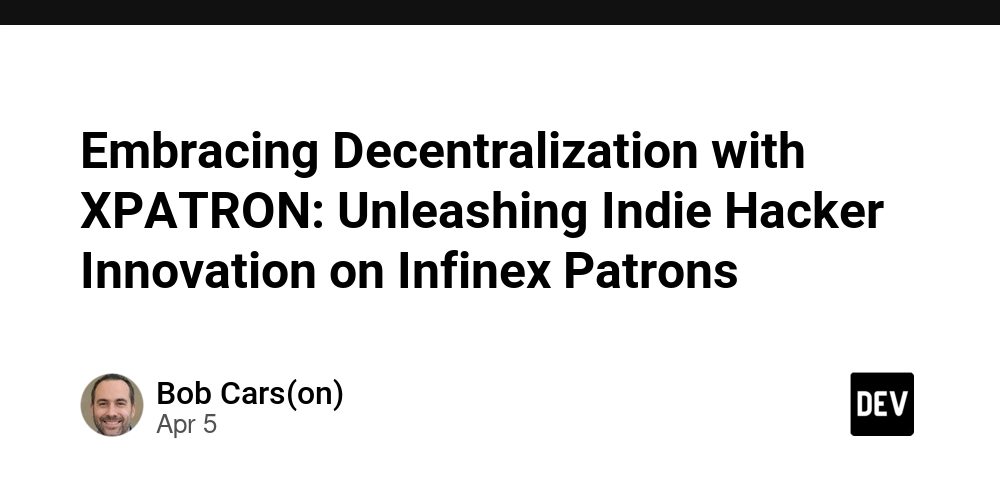





































![From drop-out to software architect with Jason Lengstorf [Podcast #167]](https://cdn.hashnode.com/res/hashnode/image/upload/v1743796461357/f3d19cd7-e6f5-4d7c-8bfc-eb974bc8da68.png?#)



![[FREE EBOOKS] The Kubernetes Bible, The Ultimate Linux Shell Scripting Guide & Four More Best Selling Titles](https://www.javacodegeeks.com/wp-content/uploads/2012/12/jcg-logo.jpg)


































.jpg?#)



.png?#)
















































